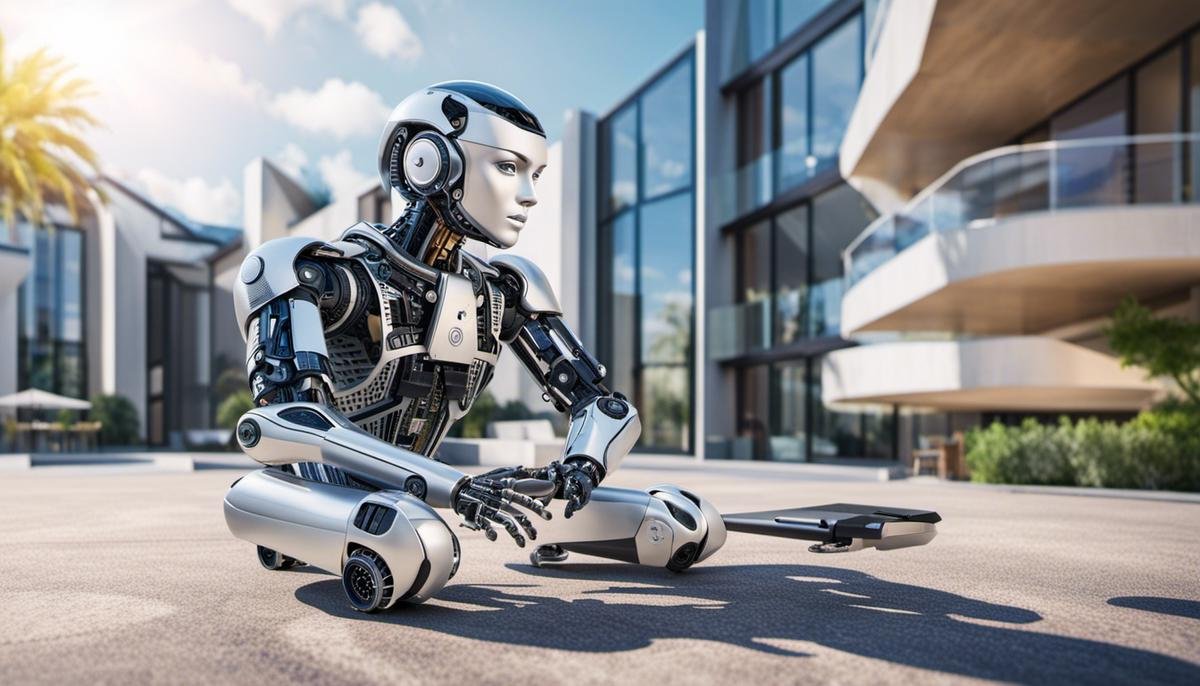The rapid development of AI and automation has significant implications for the future of work. From robots replacing workers to new job opportunities in fields such as data science, the job market is undergoing significant changes. In this article, we’ll explore the ways in which AI and automation are transforming the job market and what the future of work might look like.
- Automation and Job Displacement
One of the most significant impacts of AI and automation on the job market is the displacement of workers. Robots and machines can perform many tasks more efficiently and cost-effectively than humans, leading to a decrease in the number of jobs available in industries such as manufacturing and retail. However, there are also opportunities for workers to retrain and develop new skills in fields that require more human interaction, such as healthcare and education.
- New Job Opportunities
The rise of AI and automation is also creating new job opportunities. In particular, there is growing demand for workers with expertise in fields such as data science, machine learning, and artificial intelligence. These jobs require a high level of technical expertise and are in high demand in industries such as finance, healthcare, and technology.
- The Gig Economy
The gig economy, which is characterized by short-term contracts and freelance work, is also growing in popularity. AI and automation are making it easier for individuals to work remotely and to connect with clients and customers around the world. This has led to a rise in platforms such as Uber and Airbnb, which enable individuals to work independently and on their own terms.
- Education and Training
The changing nature of work requires new skills and knowledge. There is growing demand for workers with skills in areas such as data analysis, machine learning, and programming. As a result, education and training programs are evolving to provide workers with the skills they need to succeed in the new job market. Online learning platforms, such as Coursera and Udacity, provide affordable access to education and training in these areas.
- The Human Factor
Despite the rise of automation and AI, there are still certain skills that are uniquely human. These include skills such as emotional intelligence, critical thinking, and creativity. As a result, there is still a need for workers with these skills in industries such as healthcare, education, and the arts.
In conclusion, the future of work is being shaped by AI and automation. While there are concerns around job displacement and the impact on workers, there are also opportunities for new job creation and growth in fields such as data science and machine learning. Education and training will play a crucial role in preparing workers for the new job market, and there will always be a need for uniquely human skills such as emotional intelligence and creativity.



